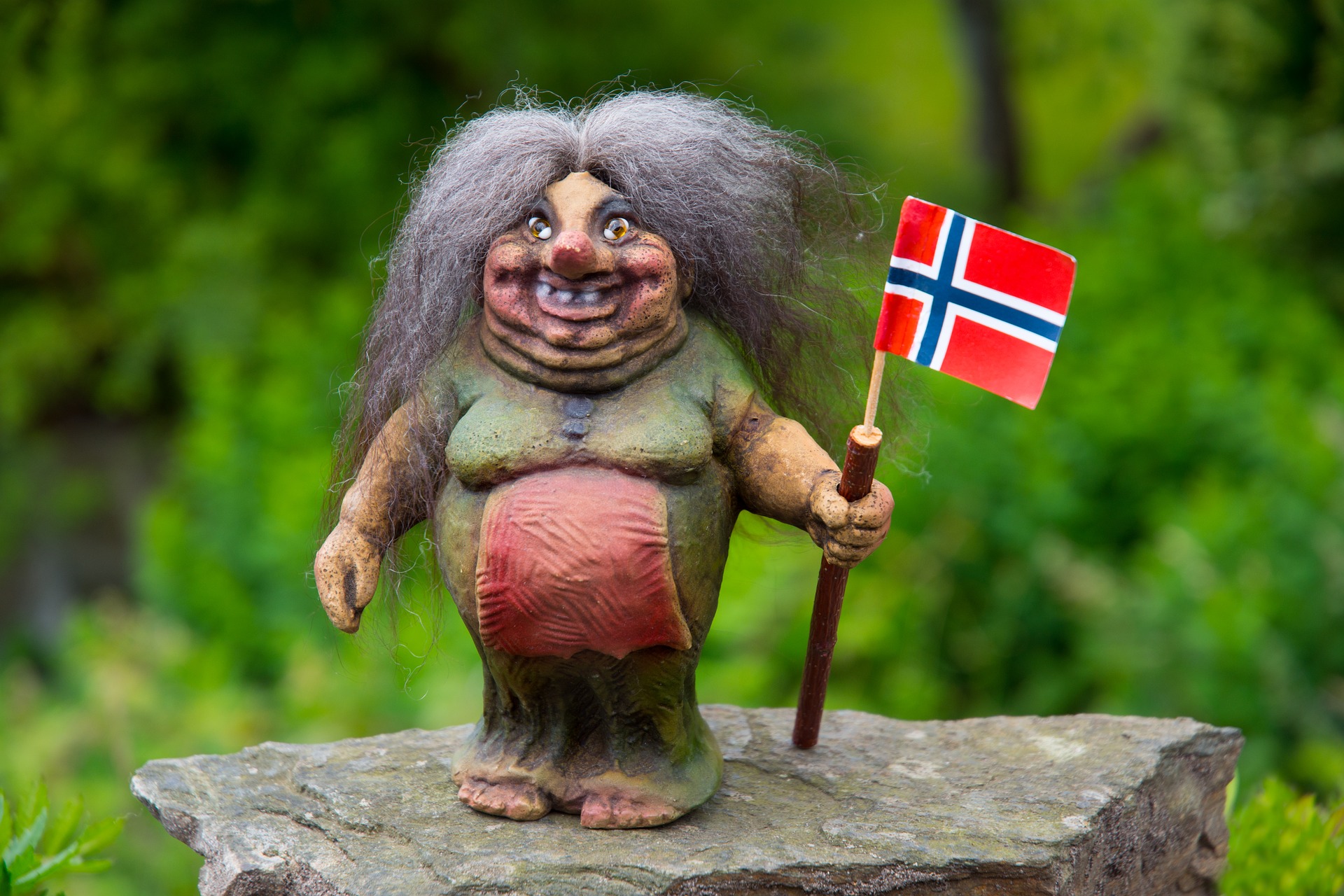Constitution Day celebrations in Oslo
Every year, Norwegians celebrate Constitution Day, which falls on May 17. However, unlike other public holidays in other countries, the Norwegian celebrations are of a more positive nature. Although there are also official moments. This year, we accompanied the parade that took place in front of the Royal Palace in Oslo.
Norwegians celebrate joyfully
It is a tradition in Norway to participate in colorful parades that take place in a positive atmosphere. They are organized to celebrate one of the most important events in the recent history of this country. The willingness of citizens to participate in these events is a complete contradiction to what we know from Poland. The reason is that the Norwegians are not burdened with the forced participation in state parades, which was the case in Poland before 1989. It is worth recalling that the then government of the Polish People's Republic required its citizens to take part in the parades organized on the occasion of Labor Day. Hence, the attitude of Norwegians and Poles to national holidays is so different.
Like Radio Wataha on Facebook!
Why do Norwegians celebrate on this day?
Constitution Day, celebrated on May 17, is special for Norwegians. It was on this day, in 1814, that the Norwegian constitution was adopted, which imposed the current regime of the hereditary constitutional monarchy. The fact that the enactment of the Basic Law was aimed at independence from the influence of the Kingdom of Sweden adds an additional significance to that day. The possibility of celebrating on this day was initially forbidden by the Swedish king, which aroused the dissatisfaction of the then inhabitants of Norway. For this reason, since 1836, Constitution Day has been celebrated completely legally.
Why are the Norwegians resting on May 10?
Constitution Day celebrations in Oslo. Parade at the Royal Palace
The tradition has been around for over a hundred years royalty greets the citizens celebrating in front of the Royal Palace. The parade in Oslo is one of the largest in Norway - up to 100 people attend it every year. people. It is attended mainly by children dressed in festive clothes.
Traditional Norwegian costume
Staying with the dress code - it is becoming more and more traditional to dress in traditional Norwegian clothes, known in Norwegian as "bunad". It is hand-sewn and embroidered, and each of its elements is carefully determined. The attention to detail is so important that in order to reproduce them as accurately as possible, you should follow the so-called "Bunadowych commandments" (nor. Bunadsbud). Moreover, this outfit is something to be proud of. Not only because of the traditions, but also because of the price. It often exceeds the equivalent of 10 thousand. zlotys.



